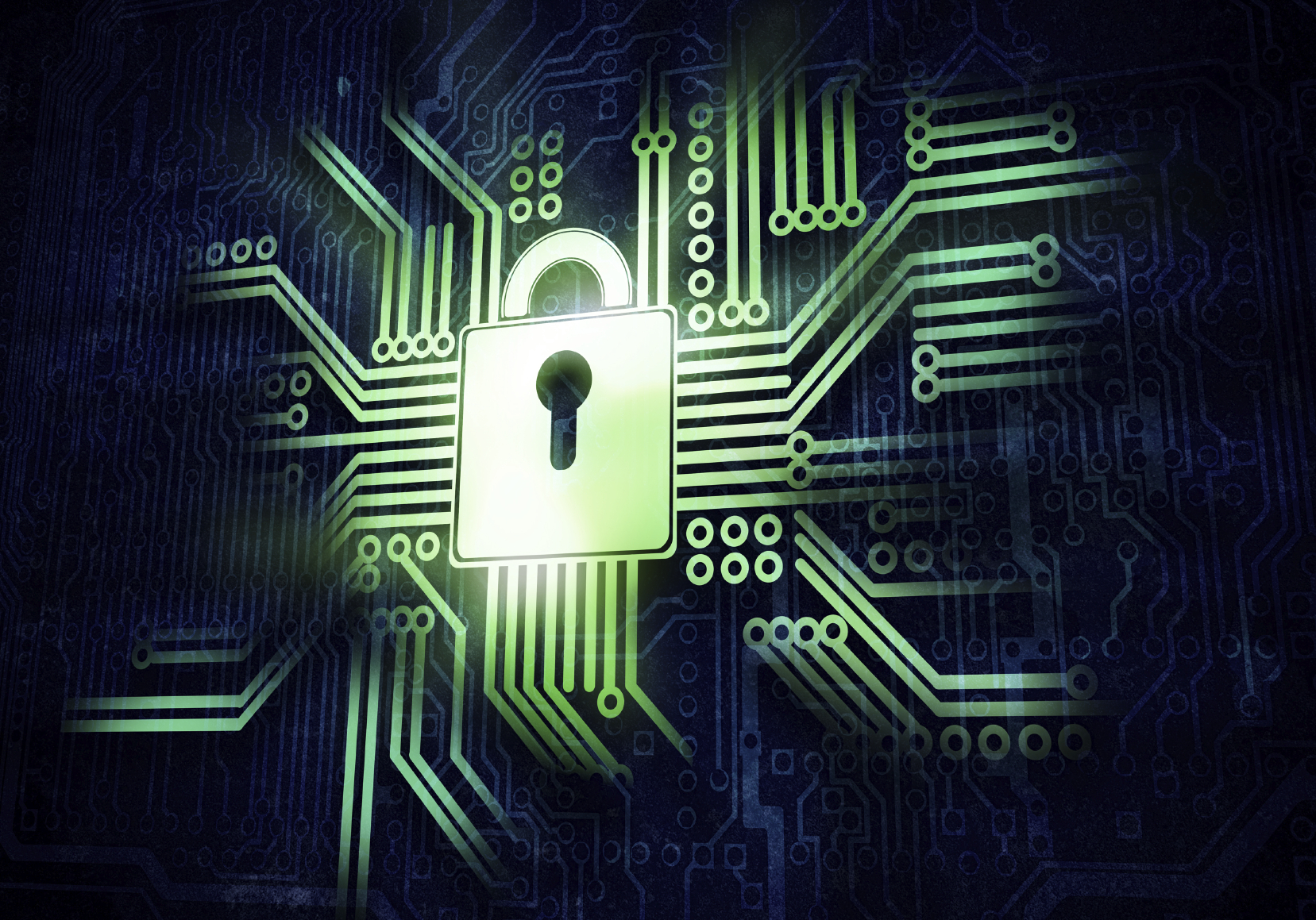
Why is it that in many other business departments, take finance for instance – equality exists? Well, this is to ensure people follow consistencies and there are rules people must follow and ramifications when they don’t.
Yet when it comes to security, such consistency is ad hoc at best.
This causes a plethora of issues, including increased businesses risk, employees feeling restricted and disparities. With the scope, scale and complexity of cybersecurity attacks increasing these inconsistencies can’t continue.
Equality, on the face of it, might feel like it would be more at home in a HR manual, but it’s actually a good founding principle for a robust security policy. Here’s why:
1. Global workforces
In today’s global economy, individuals are working in varied locations worldwide; offices no longer operate within or are confined to four concrete walls. It is for this reason that companies simply cannot have one rule for one, and one for another. People working remotely cannot be physically supervised by a manager, but they still have access to the company’s cloud and network, thus security is even more difficult to manage. Therefore companies require dynamic work practices that ensure everyone adheres to the same security policies.
2. Inconsistency introduces business risk
When there is no shared rule for security within a workplace business risk increases drastically, ranging from someone Facebook messaging their friends to leaking malicious company information. We are all at risk from cyber criminals and certainly don’t want to be at the mercy of them. Companies must guarantee their cybersecurity is consistent to avoid any gaps leaving room for hackers.
3. Keep your devices on a tight leash
Supervising and remaining in control of desktop devices, easy. The tricky part is when alternative and personal devices are introduced. These are logged onto the same network as other devices, yet they are not put through the same paces in terms of security checks.
This can be doubly problematic; firstly, it can act as a gateway to malware and spyware and secondly, companies can end up with a HR infringement on their hands. Some personal devices may not have the same company restrictions and therefore have more scope to access explicit content.
Case in point: An employee searches something inappropriate on their personal devices, like an explicit image, which is then shown to an employee who takes offence at this and files a complaint. What employees can and cannot access does not necessarily matter, until an incident occurs. Companies have to be proactive as opposed to just reactive when tackling these possible issues.
4. Changing ways of enforcing equality
The fairly time-consuming process of servicing each individual device with the IT teams, ensuring everyone is following the Acceptable Use Policy may soon become a thing of the past. Companies could look into using universal login portals which would monitor and safeguard employees.
When people login with their credentials they agree to Acceptable Use Policies, this would be especially useful for global companies and for people who use their personal devices.
5. We’re all in this together
IT teams and employees must be in security policy unison. IT teams set the security settings themselves and more often than not they give themselves more freedom as they obviously require a vast scope of information. I know this from experience as a former IT programmer.
But, it only requires one person to breach a more relaxed IT system to infect or access an entire company’s files and data. IT teams must sharpen up their security procedures. IT teams and HR departments need to work closely together to ensure they are not restricted to anything vital.
At a HR point however, you don’t want massively disparate levels of access between different teams as this can lead to distrust and frustration. It must be as equal as possible.
This year’s buzzword ‘company culture’ is one that has become more prevalent to businesses, and a large part of modern businesses is IT. The two need to be considered together. Individuals want equality and a level playing field between themselves and their co-workers, they don’t want to feel restricted or not trusted, and therefore equality in security is vital in creating a harmonious and fair company culture.






